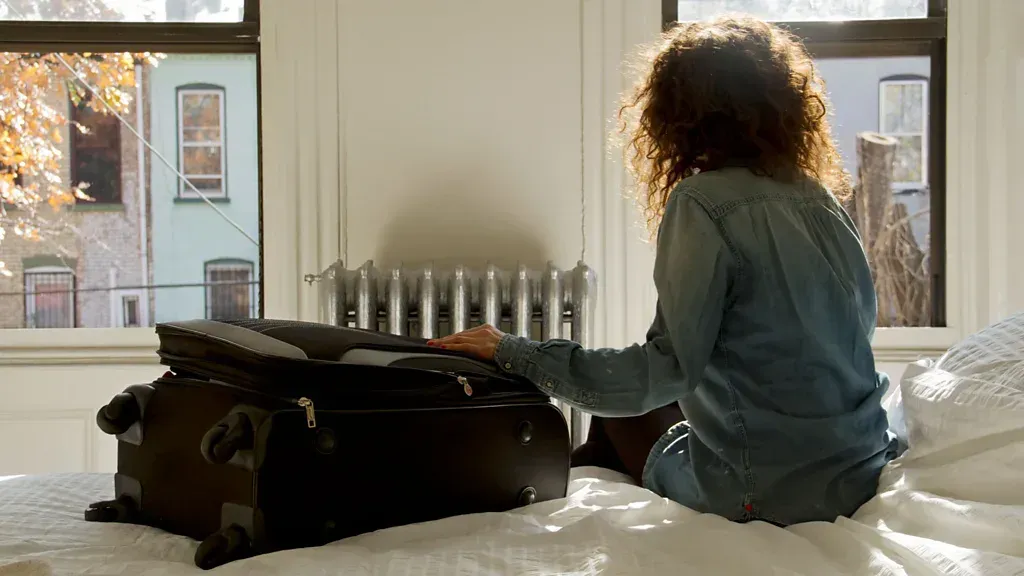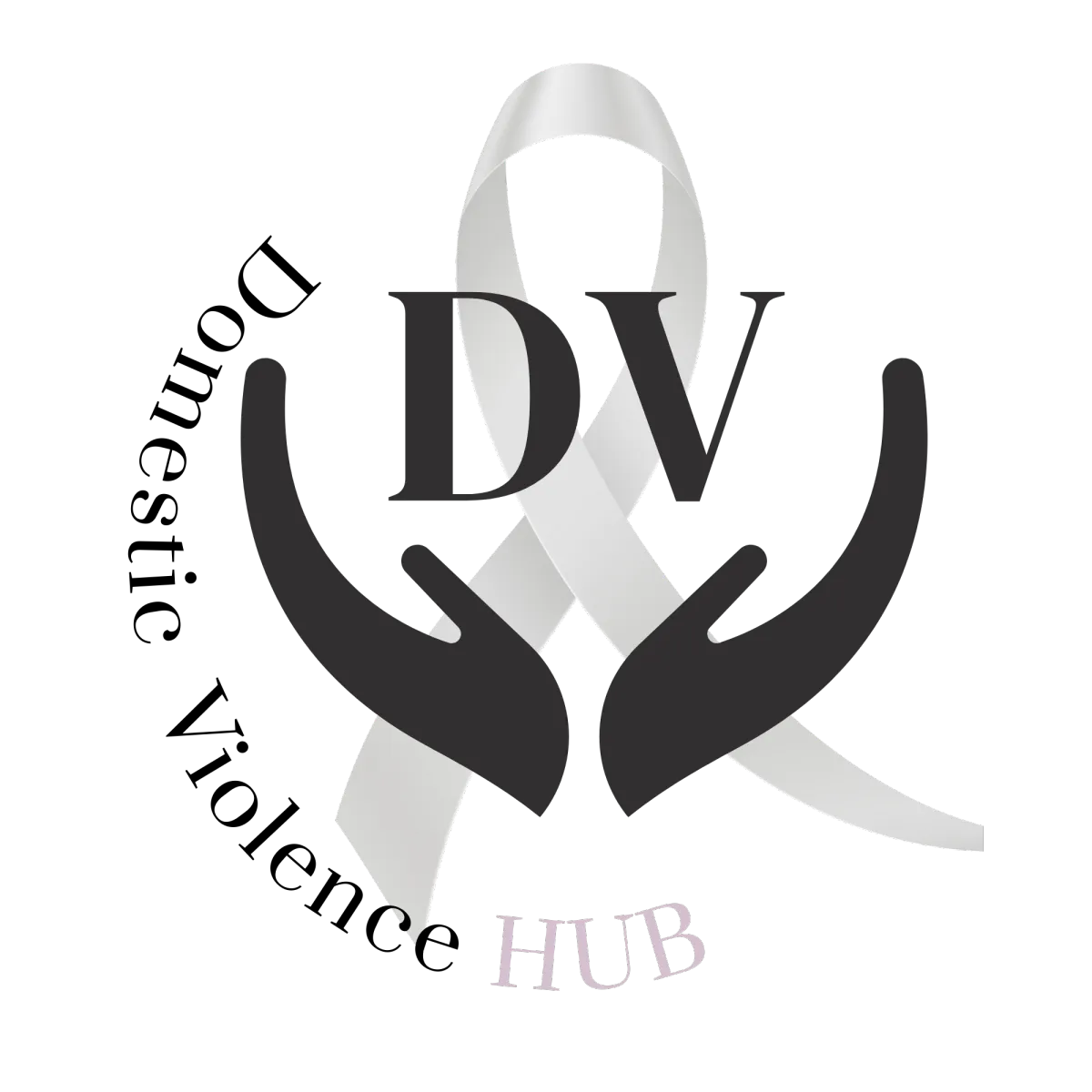Fertility, Pregnancy & Post Natal Support
Welcome to the
Women’s Wellness Hub

Women's Reproductive Cycle and Fertility
Periods
Pregnancy
Fertility issues
Fertility support
Peri/Post natal support
Hysterectomy, Uterus Checks
All about Periods
What is a 'Period' and what is a menstrual cycle?
A period is when you bleed from your uterus in your vagina each month. Periods are a very natural part of a female menstrual cycles. The average length of a period is three to seven days.
A period happens because of changes in hormones in the body. Hormones are chemical messengers. The ovaries release the female hormones, estrogenand progesterone which cause the lining of the uterus (or womb) to build up. The built-up lining is ready for a fertilized egg (an egg that has joined with a sperm) to attach to and develop into a baby. If there is no fertilized egg, the lining breaks down and bleeds. Then the same process happens all over again. It usually takes about a month for the lining to build up, then break down. That is why most females get their periods around once a month.
A menstrual cycle refers to the first day of your period to the day before your next period starts. The cycle can be different for women but the average length of a menstrual cycle is 28 days.
:max_bytes(150000):strip_icc()/GettyImages-503117005-579a41623df78c32762d03a1.jpg)
What age do you get your periods?
Most girls get their first period when they're around 12. but can occur be earlier and for some signficantly later.
Every girl's body has its own schedule.There isn't one right age for a girl to get her period.
Usually there are some signs in your body before the periods start including
-breasts starting to develop (periods usually start about 2 years after this)
-hair growing under a girl's arms and in her private parts
-seeing or feeling vaginal discharge fluid (sort of like mucus), which usually begins about 6 months to a year before a girl gets her first period

How much blood do you lose during your period?
It may look like a lot of blood, but a girl usually only loses a few tablespoons of blood during the whole period. Most girls need to change their pad, tampon, or menstrual cup about 3‒6 times a day.
About one in four women have heavy periods (more significant blood loss throughout your period).
Your periods may be considered heavy if:
-you need to change your period product every two hours or less because they are too heavy with blood
-you need to change your period product you are using overnight
- you have blood clots in your blood loss which you notice are bigger than a 50 cent coin
- your periods last eight or more days
- your periods blood flow stops you from doing activities you could normally do.

What are the symptoms?
Lorem ipsum dolor sit amet, consectetur adipisicing elit. Autem dolore, alias, numquam enim ab voluptate id quam harum ducimus cupiditate similique quisquam et deserunt, recusandae.

How often do you get your periods?
For the first few years after a girl starts her period, it might not come regularly. This is normal at first. By about 2–3 years after her first period, a girl's periods should be coming around once every 4–5 weeks.

What are the treatments for the symptoms?
Lorem ipsum dolor sit amet, consectetur adipisicing elit. Autem dolore, alias, numquam enim ab voluptate id quam harum ducimus cupiditate similique quisquam et deserunt, recusandae.

What help can I get if I need help with my symptoms?
Lorem ipsum dolor sit amet, consectetur adipisicing elit. Autem dolore, alias, numquam enim ab voluptate id quam harum ducimus cupiditate similique quisquam et deserunt, recusandae.

What products are on the market for periods
You have many choices about how to deal with period blood. You may need to experiment a bit to find which works best for you. Some girls use only one method and others switch between different methods. Most girls use pads when they first get their period. Pads are made of cotton and come in lots of different sizes and shapes. They have sticky strips that attach to the underwear.'
Many girls find tampons more convenient than pads, especially when playing sports or swimming. A tampon is a cotton plug that you put into your vagina. Most tampons come with an applicator that guides the tampon into place. The tampon absorbs the blood. Don't leave a tampon in for more than 8 hours because this can increase your risk of a serious infection called toxic shock syndrome. Some girls prefer a menstrual cup. Most are made of silicone. To use a menstrual cup, a girl inserts it into her vagina. It holds the blood until she empties it.

When could I get pregnant?
A girl can get pregnant as soon as her period starts. There is potential for a girl to get pregnant right before her very first period because her hormones might already be active. The hormones may have led to ovulation and the building of the uterine wall already.

What is PMS?
Lorem ipsum dolor sit amet, consectetur adipisicing elit. Autem dolore, alias, numquam enim ab voluptate id quam harum ducimus cupiditate similique quisquam et deserunt, recusandae.

What is PMD?
Lorem ipsum dolor sit amet, consectetur adipisicing elit. Autem dolore, alias, numquam enim ab voluptate id quam harum ducimus cupiditate similique quisquam et deserunt, recusandae.

.
C
Women's Wellness Hub Directory
Physical and Emotional Health & Wellness
Social Wellness
Financial, Legal and Safety wellness
Women's Wellness Blog

Am I eligible for Legal Aid?
Am I eligble for financial support through Legal Aid?
If you need a lawyer for ongoing legal help or to represent you in court and you don’t have enough money to pay, you may be able to get legal assistance from Legal Aid. Legal Aid is the Australian organisation that delivers a variety of legal services to disadvantaged people across your relevant state/territory. Unfortunately, they do not have the resources to help everyone with a legal problem and therefore can only assist if your case falls within their strict guidelines. The main ways they decide if you can access this legal help are as follows:
1. They look at your financial situation
a) They will do a ‘means test’ which will look at the amount of your total income (Centrelink payments including Family Tax Benefit A, Family Tax Benefit B etc. child support payment, child maintenance payments, spousal maintenance payments, what you earn including any investments, any insurance policy claims for example accident, sickness or disability benefits) and total assets (equity in your home, money in the bank etc);
b) They will consider any support or financial help you provide to other people, for example a partner or child/ren;
c) They will also look at the assets and income of any other person who provides you with regular financial support, for example gives you money, helps pay your bills, or shares your living expenses ( for example a relative, friend, spouse, former partner etc).
PLEASE NOTE: The MEANS TEST (the amount and assets/income you can earn to be eligible) is different for each state/territory.
They will also look at the ‘merit’ of your case
This means, what is the prospect/chances of your matter being successful if it went to court?
To decide this, Legal Aid looks at the legal situation and the facts of your case to decide if it is likely to succeed or fail if it goes to court – they consider - would a sensible person risk their money to take the particular case to court?
They might also look at your special circumstances
There are sometimes applicants who may not succeed with the ‘means test’ requirements but they deserve special consideration because they experience multiple disadvantages. This may mean you get some assistance with legal costs.
If you are experiencing, for example:
domestic violence,
live in a remote area,
have an intellectual, psychiatric or physical disability.
or other disadvantage,
you may be eligible for a grant of aid via Legal Aid’s special circumstances guidelines.
What to do next?
We highly recommend you do the following if you think you may be eligible:
Have a look at the Legal Aid Application form relevant to your particular state or territory to see what information they would require you to provide. There are a significant number of documents you need to submit with your application to prove your financial situation.
PLEASE NOTE: The Application Form and terms are different for each state/territory.
Write down notes on why you think you might be eligible or any other questions you have about applying for Legal Aid.
Ring your own state Legal Aid office for a free consultation to discuss whether you are eligible for Legal Aid and what to do next.
Ask Legal Aid how you can get help, if needed, to fill in the application form and to submit it.
NOTE: An interpreter can be arranged. Arrangements can be made to assist you with an accredited interpreter or National Relay Service for the hearing impaired.
The Application Form
The Application form must only be submitted in the approved form for your own state or territory.
NOTE: Each state/territory has a slightly different application form!
A copy of the Application Form is available by:
* The Legal Aid website – check it is the Legal Aid website for your state/territory (you can download the application from the documents sections).
*Collect the application form in person by going into any of the Legal Aid offices in your state/territory.
* Call them and ask for one to be mailed to you.
*Email your Legal Aid office and provide your name and address and ask one to be mailed to you or your PO Box.
If you qualify for Legal Aid
If you qualify (your application is approved), Legal Aid will get a lawyer to represent you under a grant of legal aid for your matter. They can speak for you in court, help you prepare legal documents related to your case and help you reach agreement with the other party.
This site is brought to you by Family Counselling Support Network
Book in directly with one of our professionals today

We are here to help

We are committed to protecting your personal information and respecting your privacy. This website uses cookies to analyze website traffic and optimise your website experience. By accepting our use of cookies, your data will be aggregated with all other user data.
DISCLAIMER: The material contained on this website is for general educational and information purposes only and is not a substitute for professional legal, financial, medical or psychological advice or care. While every care has been taken in the information provided, no legal responsibility or liability is accepted, warranted or implied by the authors or Family Counselling Support Network and any liability is hereby expressly disclaimed. For specific advice please contact us at [email protected]. All information contained on the website remains the intellectual property of Family Counselling Support Network and is for your personal educational use only. The information must not be reproduced or distributed without the express permission of Family Counselling Support Network.
Family Counselling Support Network acknowledges and respects the First Nations Custodians of the land where our offices stand, and where we work to help Australians. We pay respects to their Elders, past present and emerging, lore, customs and creation spirits. We recognise that these lands have always been places of ceremony, teaching, research and learning, and we acknowledge the important role Aboriginal and Torres Strait Islander peoples play in our community.
We are committed to providing an inclusive and accessible environment where people and communities of all identities and backgrounds are accepted, safe and celebrated.
Privacy Policy | Terms and Conditions




















